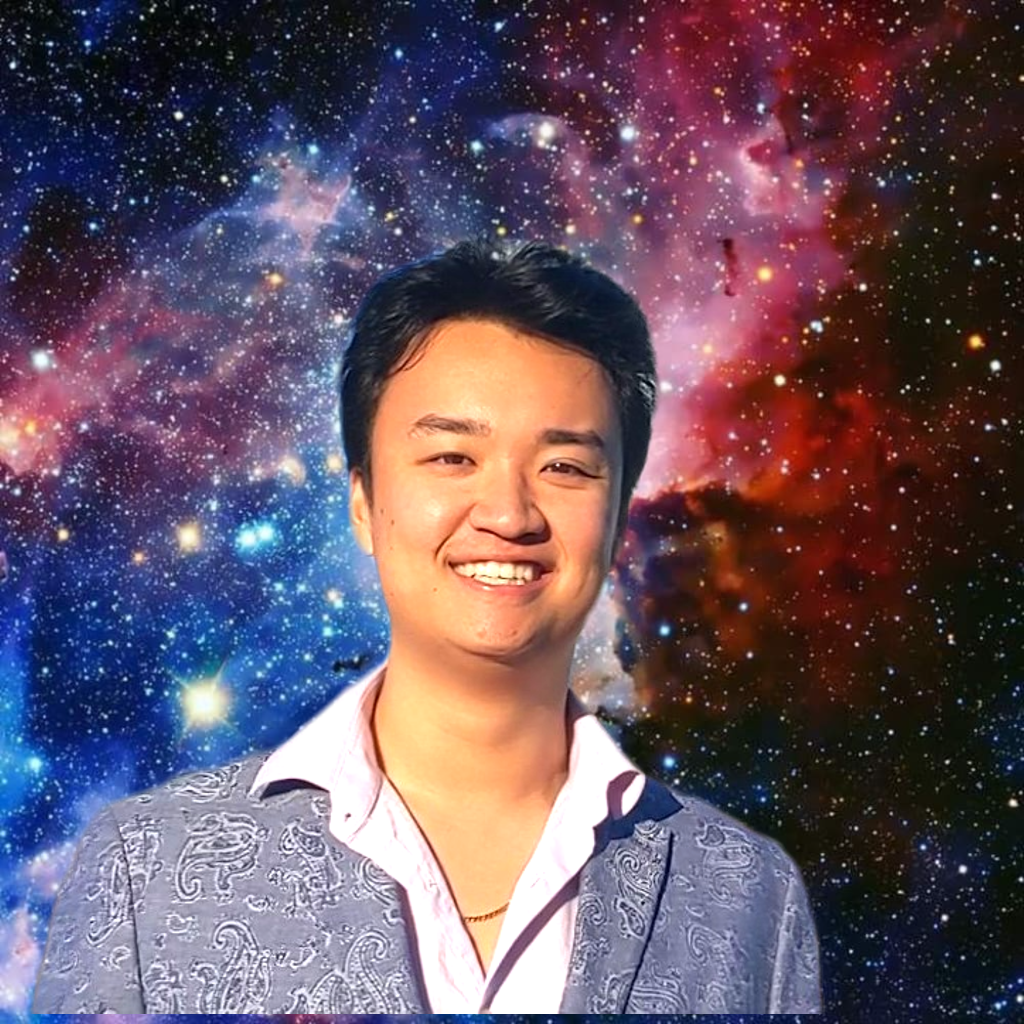Zilliz at HackNC 2023
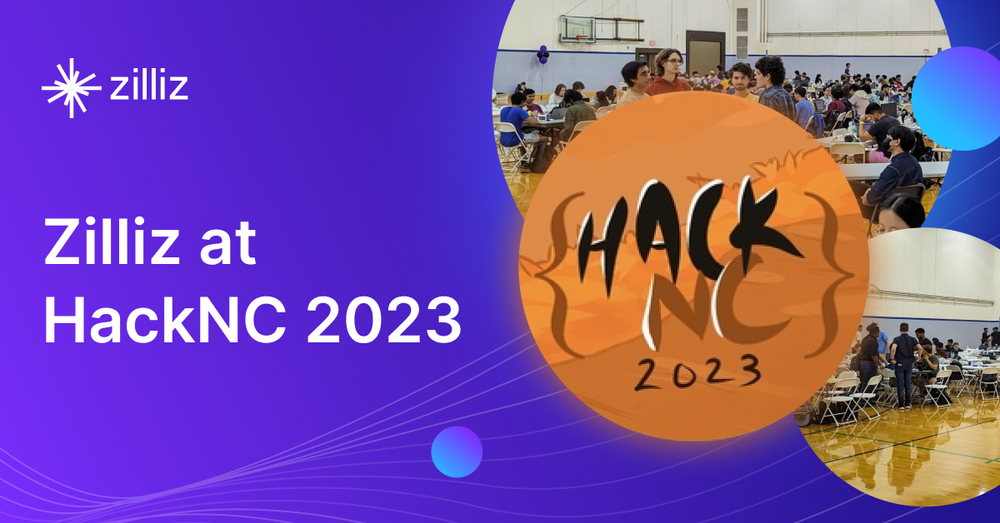
Halloweekend HackNC was great this year! As an alum, it was super exciting to get back to HackNC for my third appearance. This year, I came to represent Zilliz, give a workshop, and give a keynote speech.
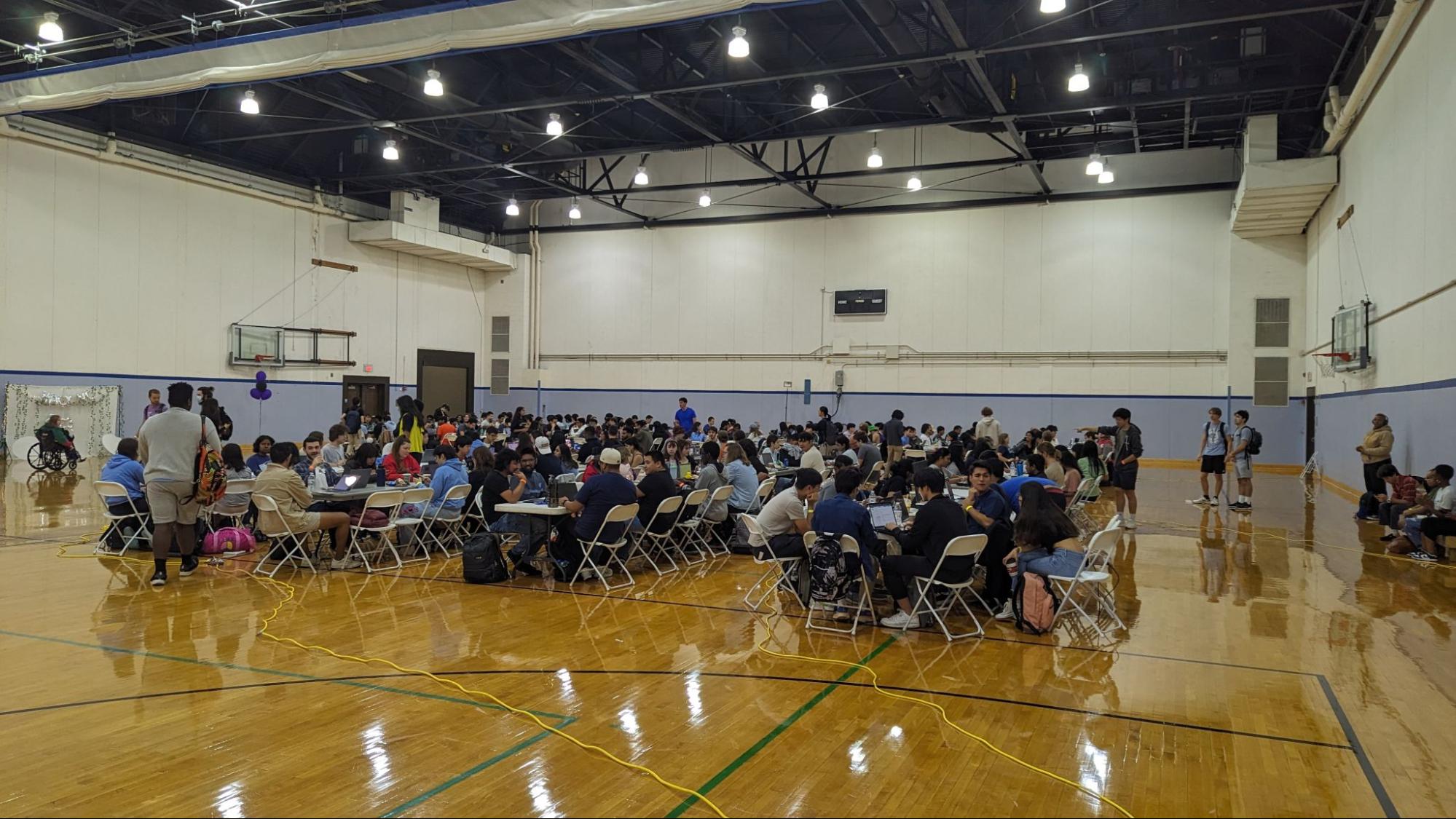
There were over 1,300 registrations (wow!), 650 hackers, 80-something projects, and ONE winner for the Best Use of Zilliz! Big congratulations to the team “wellSpent”.
The inspiration for 'wellSpent' stems from a simple question: "Where's my money going?" At its core, it showcases a dynamic pie chart, giving users a quick snapshot of their expenses. But that's just the start. The app lists all transactions, ensuring you never miss where that extra dollar went. With features like travel planner, student debt planner, and other expense planners, users can forecast, strategize, and optimize their financial futures.
When asked what they were proud of, the team said:
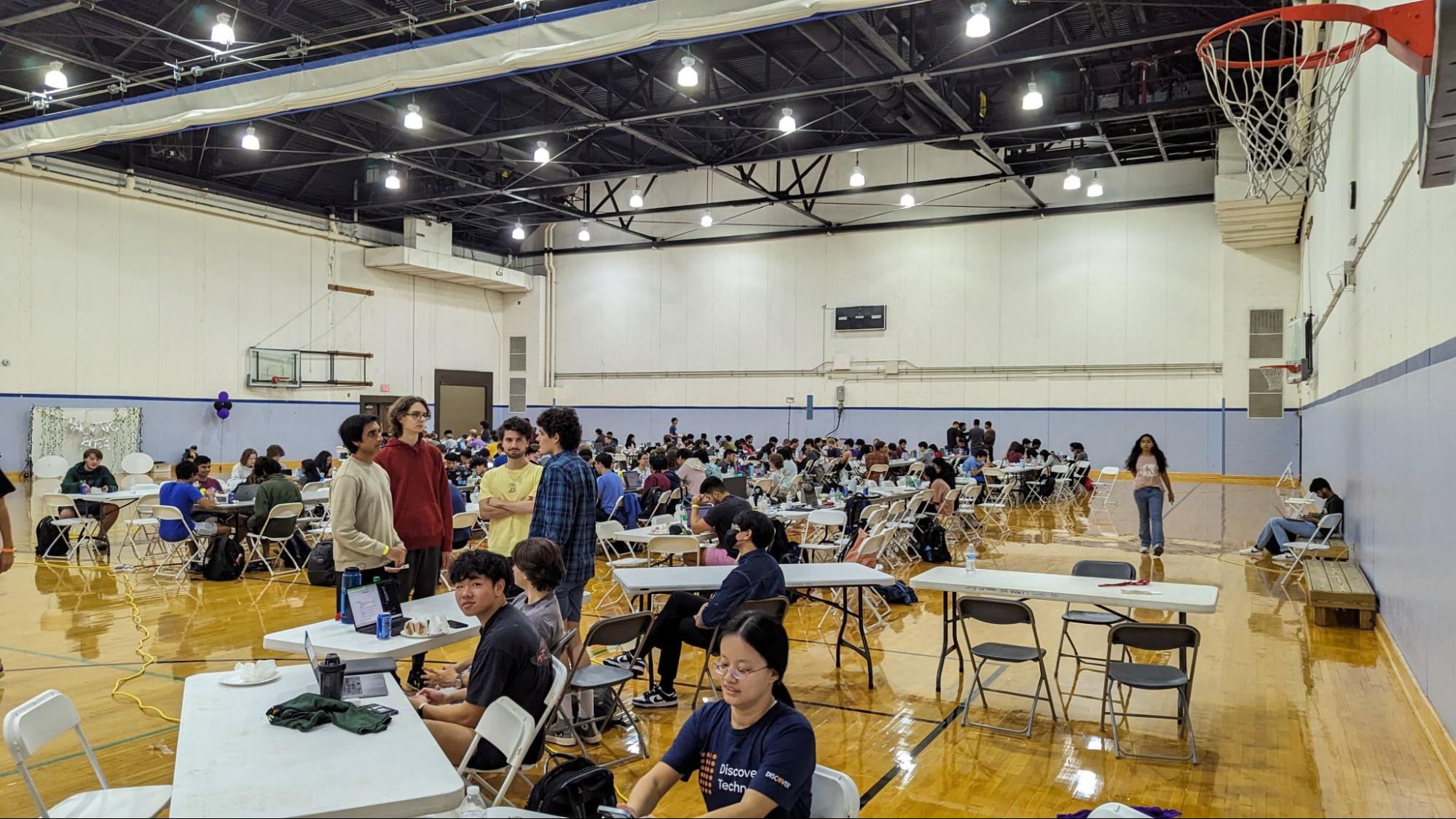
When asked to describe their project, the team said:
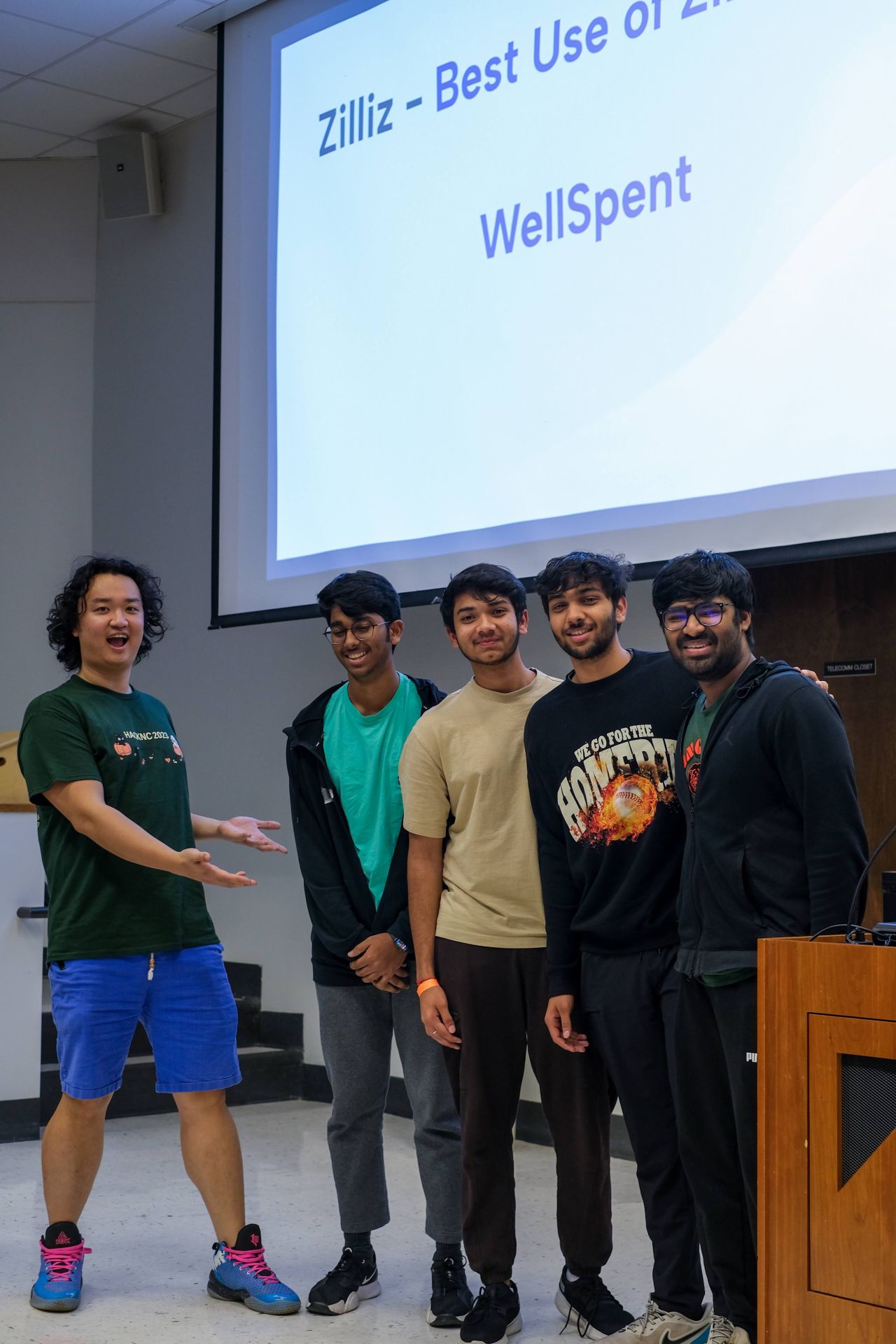
Big shout out to the University of North Carolina at Chapel Hill organizers for this amazing HackNC! I am so proud of you all, and always great to see excellence from fellow TarHeels. Looking forward to being back next year!
Start Free, Scale Easily
Try the fully-managed vector database built for your GenAI applications.
Try Zilliz Cloud for FreeKeep Reading
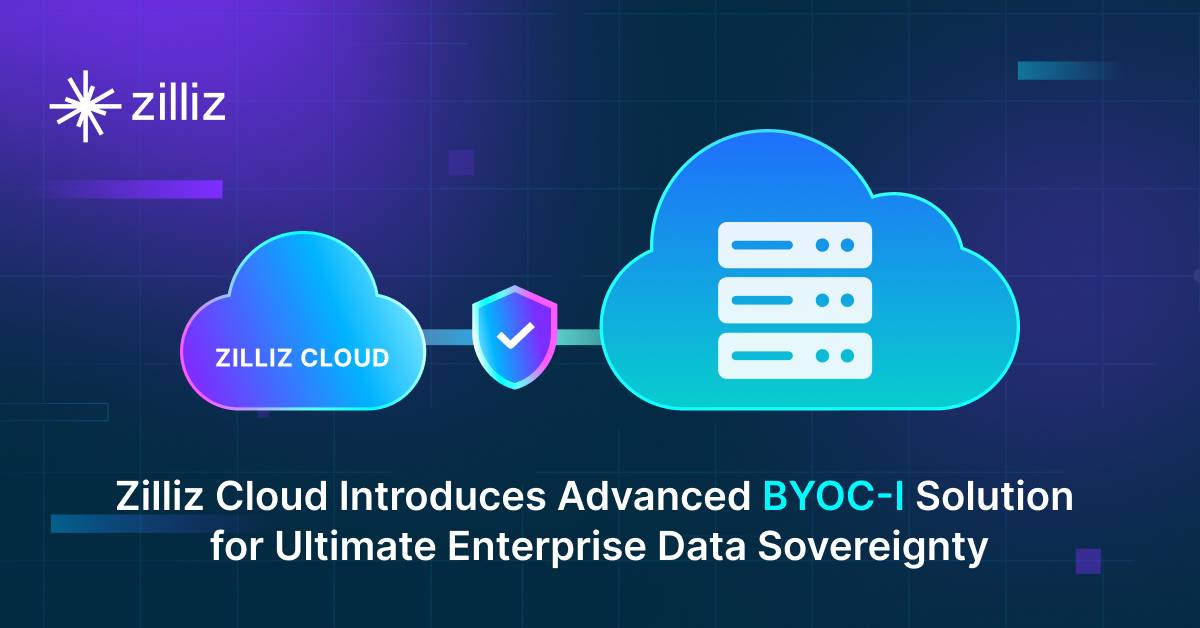
Zilliz Cloud Introduces Advanced BYOC-I Solution for Ultimate Enterprise Data Sovereignty
Explore Zilliz Cloud BYOC-I, the solution that balances AI innovation with data control, enabling secure deployments in finance, healthcare, and education sectors.
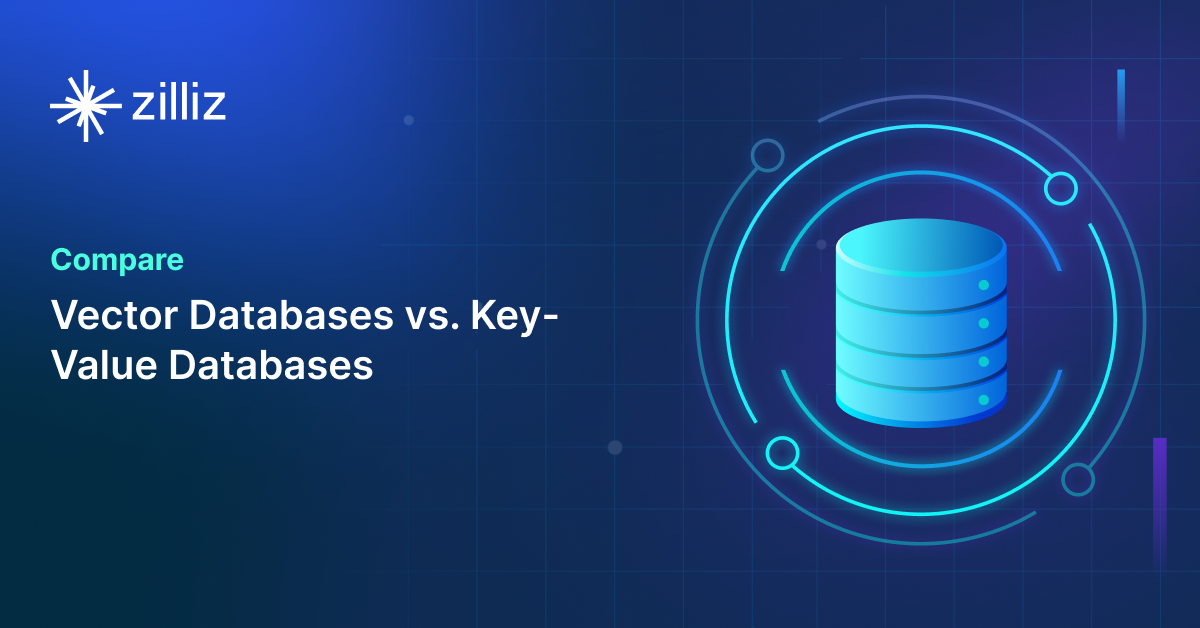
Vector Databases vs. Key-Value Databases
Use a vector database for AI-powered similarity search; use a key-value database for high-throughput, low-latency simple data lookups.
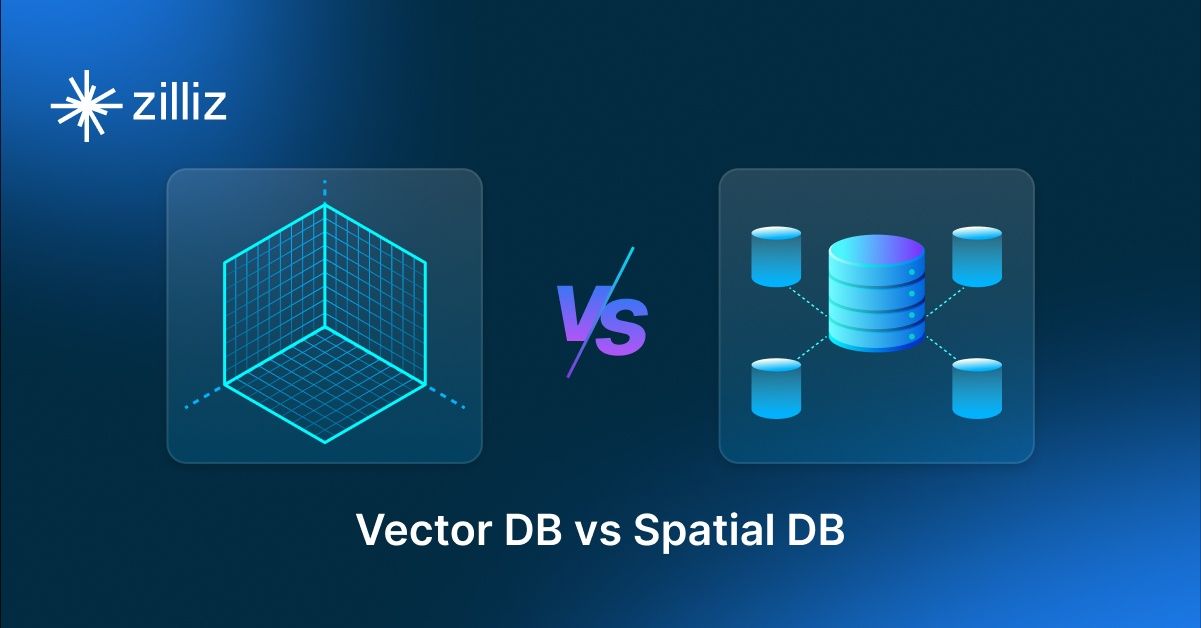
Vector Databases vs. Spatial Databases
Use a vector database for AI-powered similarity search; use a spatial database for geographic and geometric data analysis and querying.
